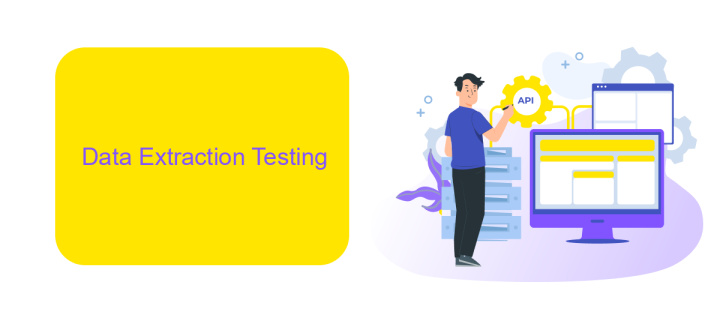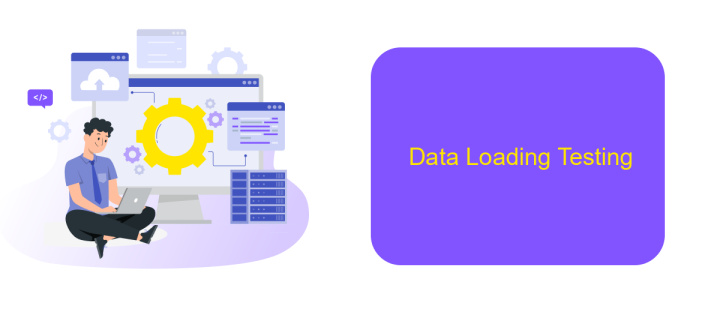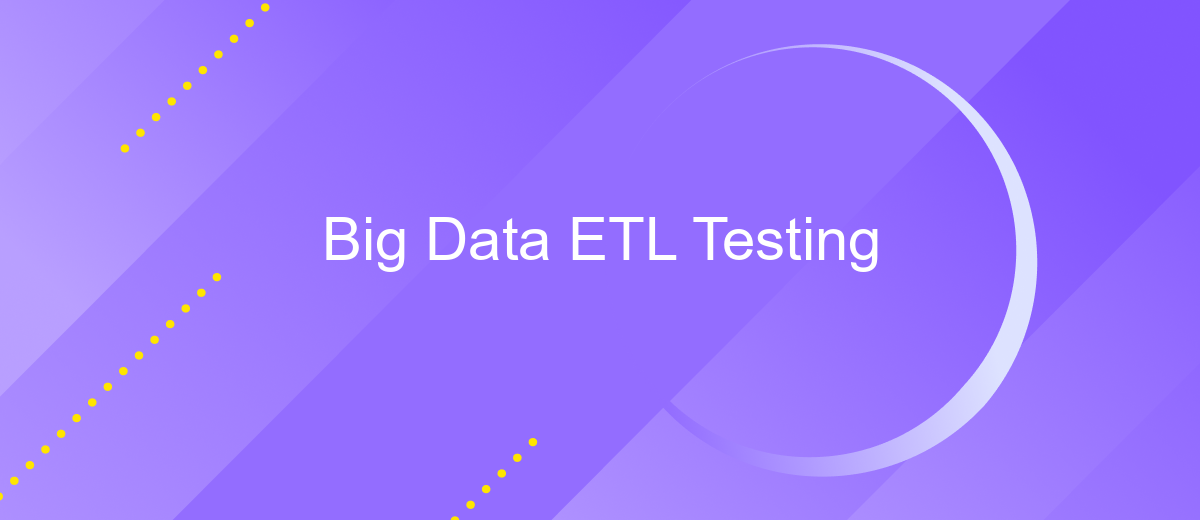Big Data ETL Testing
Big Data ETL (Extract, Transform, Load) testing is a critical process in ensuring the accuracy, reliability, and performance of data pipelines. As organizations increasingly rely on vast amounts of data for decision-making, rigorous ETL testing becomes essential to validate data integrity and quality. This article explores the methodologies, tools, and best practices for effective Big Data ETL testing.
Introduction
Big Data ETL (Extract, Transform, Load) Testing is a crucial process to ensure the integrity, accuracy, and performance of data as it moves from source to destination. With the exponential growth of data, organizations need to validate their ETL processes to maintain data quality and reliability. This testing process involves verifying data extraction from various sources, transforming it into the required format, and loading it into the target system.
- Data Extraction: Ensuring data is accurately pulled from multiple sources.
- Data Transformation: Validating data transformations are correctly applied.
- Data Loading: Confirming data is properly loaded into the destination system.
Effective ETL testing can be complex, but integrating tools and services like ApiX-Drive can simplify the process. ApiX-Drive offers seamless integration capabilities, allowing for automated data transfers and transformations between various platforms. By leveraging such services, organizations can enhance their ETL testing efficiency, reduce manual errors, and ensure consistent data quality across their systems.
Data Extraction Testing

Data extraction testing is a critical phase in the ETL process, ensuring that data is accurately retrieved from various source systems. This step involves validating that the data extracted matches the source data in terms of structure, format, and completeness. To achieve this, testers compare the source data with the extracted data, identifying any discrepancies or missing information. Effective data extraction testing helps prevent downstream issues in the transformation and loading stages, ensuring the integrity and reliability of the data throughout the ETL pipeline.
In modern data environments, integrating multiple data sources can be complex. Tools like ApiX-Drive facilitate seamless integration by automating data extraction from various platforms, including databases, cloud services, and APIs. By using such tools, organizations can streamline the extraction process, reducing manual effort and the potential for errors. ApiX-Drive also provides real-time monitoring and reporting, allowing testers to quickly identify and resolve any issues, further enhancing the efficiency and accuracy of data extraction testing.
Data Transformation Testing

Data Transformation Testing is a crucial phase in the ETL process, ensuring that the data transformations defined in the ETL workflow are executed correctly. This involves verifying that the data is accurately transformed from the source format to the target format as per the business requirements.
- Define transformation rules: Establish clear and detailed transformation rules based on business logic.
- Develop test cases: Create comprehensive test cases to validate each transformation rule.
- Execute tests: Run the test cases to verify the accuracy of the data transformations.
- Compare results: Compare the transformed data with the expected results to identify discrepancies.
- Log and resolve issues: Document any issues found and work on resolving them to ensure data integrity.
Utilizing integration services like ApiX-Drive can streamline the process of setting up and testing data transformations. ApiX-Drive allows for seamless integration between various data sources and destinations, ensuring that the data flow is consistent and reliable. This helps in maintaining data accuracy and integrity throughout the ETL process.
Data Loading Testing

Data Loading Testing is a crucial aspect of Big Data ETL processes. It ensures that the data loaded into the target system is accurate, complete, and in the correct format. This phase involves validating that the data has been transferred correctly from the source to the destination without any loss or corruption.
The testing process typically includes verifying data integrity, checking for duplicates, and ensuring that the data conforms to the required schema. It's essential to automate these tests to handle large volumes of data efficiently. Tools and services like ApiX-Drive can streamline the integration and automate the data loading process, ensuring a smoother workflow.
- Verify data integrity and accuracy.
- Check for duplicates and data consistency.
- Ensure schema conformity and format correctness.
- Automate testing processes to handle large datasets.
Proper data loading testing not only guarantees the reliability of the ETL process but also helps in maintaining data quality. By leveraging automation tools and services, organizations can significantly reduce the risk of data errors and enhance the overall efficiency of their data management systems.
- Automate the work of an online store or landing
- Empower through integration
- Don't spend money on programmers and integrators
- Save time by automating routine tasks
Performance and Scalability Testing
Performance and scalability testing are critical components in the Big Data ETL testing process. These tests ensure that the ETL system can handle large volumes of data efficiently and scale according to the growing demands. Performance testing involves evaluating the speed, responsiveness, and stability of the ETL processes under various conditions. This includes testing the data extraction, transformation, and loading phases to identify any bottlenecks or performance issues that could impact the overall system efficiency.
Scalability testing, on the other hand, focuses on assessing the ETL system's ability to scale up or down based on the data load. This involves simulating different data volumes and observing how the system performs under increased load. Tools and services like ApiX-Drive can be integrated to automate and streamline these processes, ensuring seamless data flow and integration across various platforms. By leveraging such services, businesses can ensure their ETL systems remain robust and adaptable, capable of handling future data growth without compromising performance.
FAQ
What is Big Data ETL Testing?
Why is Big Data ETL Testing important?
What are the common challenges in Big Data ETL Testing?
How can automation help in Big Data ETL Testing?
What are the key components to test in Big Data ETL processes?
Do you want to achieve your goals in business, career and life faster and better? Do it with ApiX-Drive – a tool that will remove a significant part of the routine from workflows and free up additional time to achieve your goals. Test the capabilities of Apix-Drive for free – see for yourself the effectiveness of the tool.


